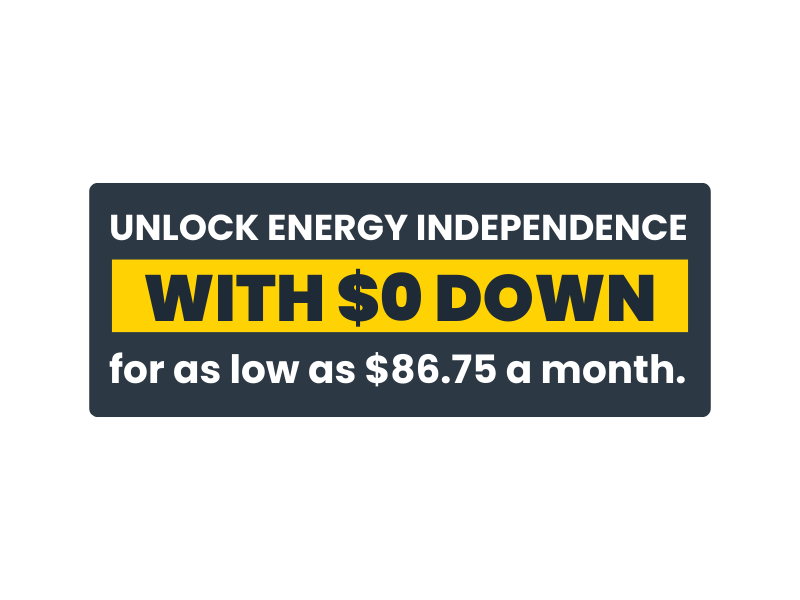As our society has observed the increasingly dramatic effects of climate change, local governments and community organizations across the nation have been working to implement sustainable solutions that reduce carbon emissions and avoid contributing further to climate change. Although private citizens may adopt sustainable practices in their personal lives, their impact is extremely minimal compared to large-scale operations like urban development, transportation, and regional energy consumption. When community leaders and decision-makers push for sustainability, they’re making a significant impact on the environment and the lives of their community members.
We’re taking a look at the various ways that residential communities utilize and benefit from environmentally sustainable practices.
What Makes a Sustainable Community?
A sustainable community uses environmentally and economically sustainable practices at the core of its development. This means that a city or municipality considers economic welfare, resource distribution & potential waste, and environmental factors when expanding or maintaining areas of the community. One large advocate for more community sustainability is the Partnership for Sustainable Communities, organized by the U.S. Department of Housing and Urban Development, the U.S. Department of Transportation, and the Environmental Protection Agency. The partnership helps introduce opportunities for sustainability through various programs and initiatives.
Sustainable Solutions
According to the Partnership for Sustainable Communities, supporting residents’ growing support of close development and easier access to local resources aligns with sustainability goals.
Here are a few practices that increase sustainability:
Development & Construction
Rather than continuing to reduce green space during expansion, cities can opt to continue building onto developed areas, which in turn appeals to residents seeking convenience as well as preserves the surrounding natural environment. Many projects also depend on the demolition of existing infrastructure instead of utilizing buildings and facilities that are already established. Ending this style of development would reduce the demand for construction materials and waste fewer resources, while still presenting new job opportunities.
Transportation
Another increasing demand in urban areas is a variety of transportation access. Public transit is commonplace across the U.S., but there is a call for alternative options centered on sustainability. For instance, bussing systems reduce potential pollution yet still contribute to the issue. Although buses provide residents with an option to reduce their carbon emissions by choosing to ride along the existing routes instead of taking individual vehicles and releasing more pollution, the impact could be further reduced with options such as electric trolleys and trains. There is also a growing popularity with classic transportation methods like walking and biking - which can be encouraged with easier pedestrian routes and bike lanes.
Alternative Energy
One of the most impactful sustainable solutions is replacing fossil fuel energy with renewable resources. Private citizens and local governments alike are recognizing the substantial contribution that energy consumption has to climate change. Growing policies easing energy system affordability and enforcing clean energy production within states have supported the push for sustainability. Alternatives like hydropower, geothermal, wind, and solar energy are all becoming more viable options for residential homes, businesses, and community energy farms. Community energy systems allow many residents to access clean energy without taking on the personal investment alone, like private system owners.
Sustainable Energy with YellowLite
At YellowLite, we specialize in solar power systems of all sizes. Our expert team has designed and installed a variety of system types such as residential rooftop solar, rural ground-mounts, and commercial solar!
Contact one of our solar consultants to get started on going solar!
Call us at 216-333-1364
Email us on https://www.yellowlite.com/contact-us/



